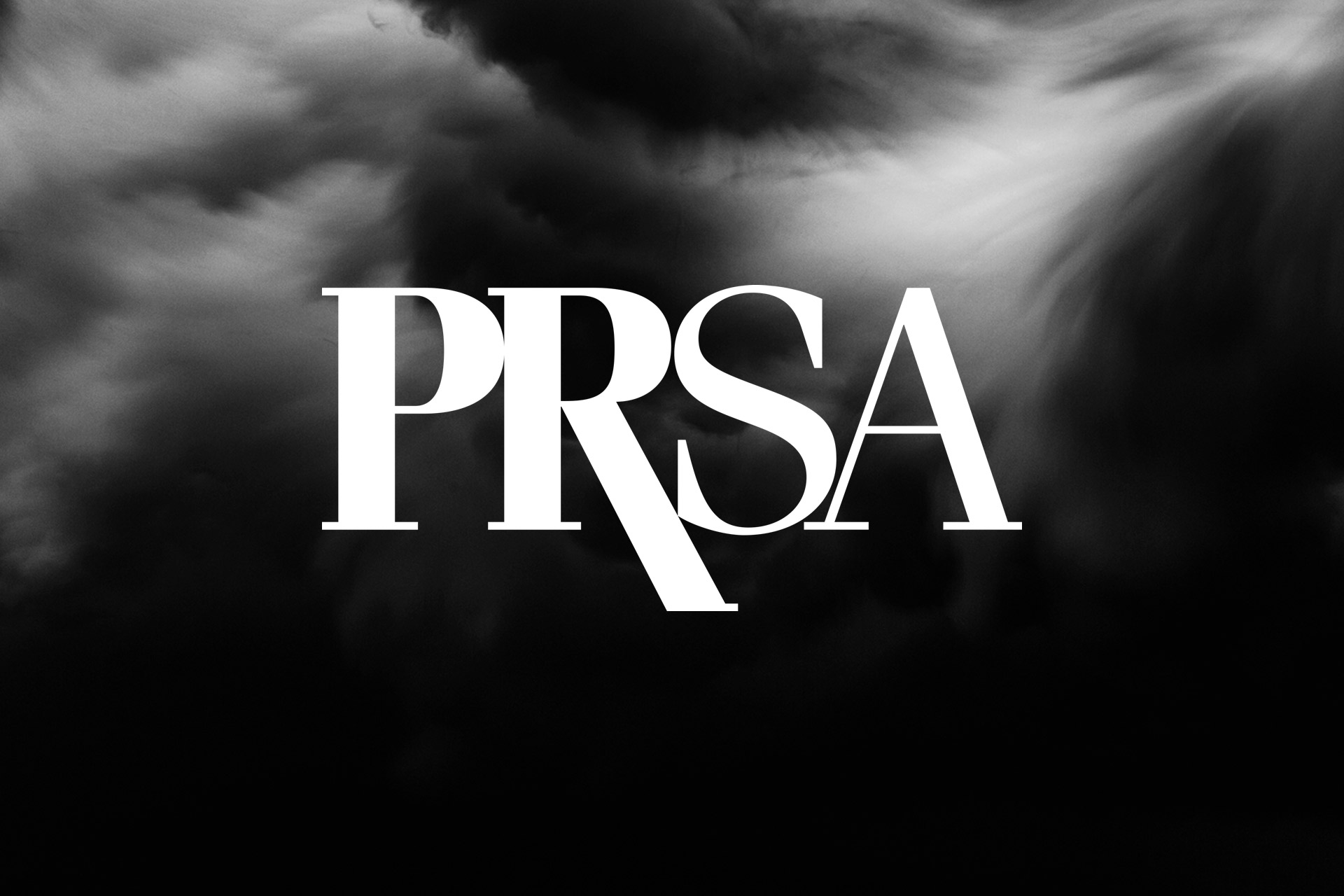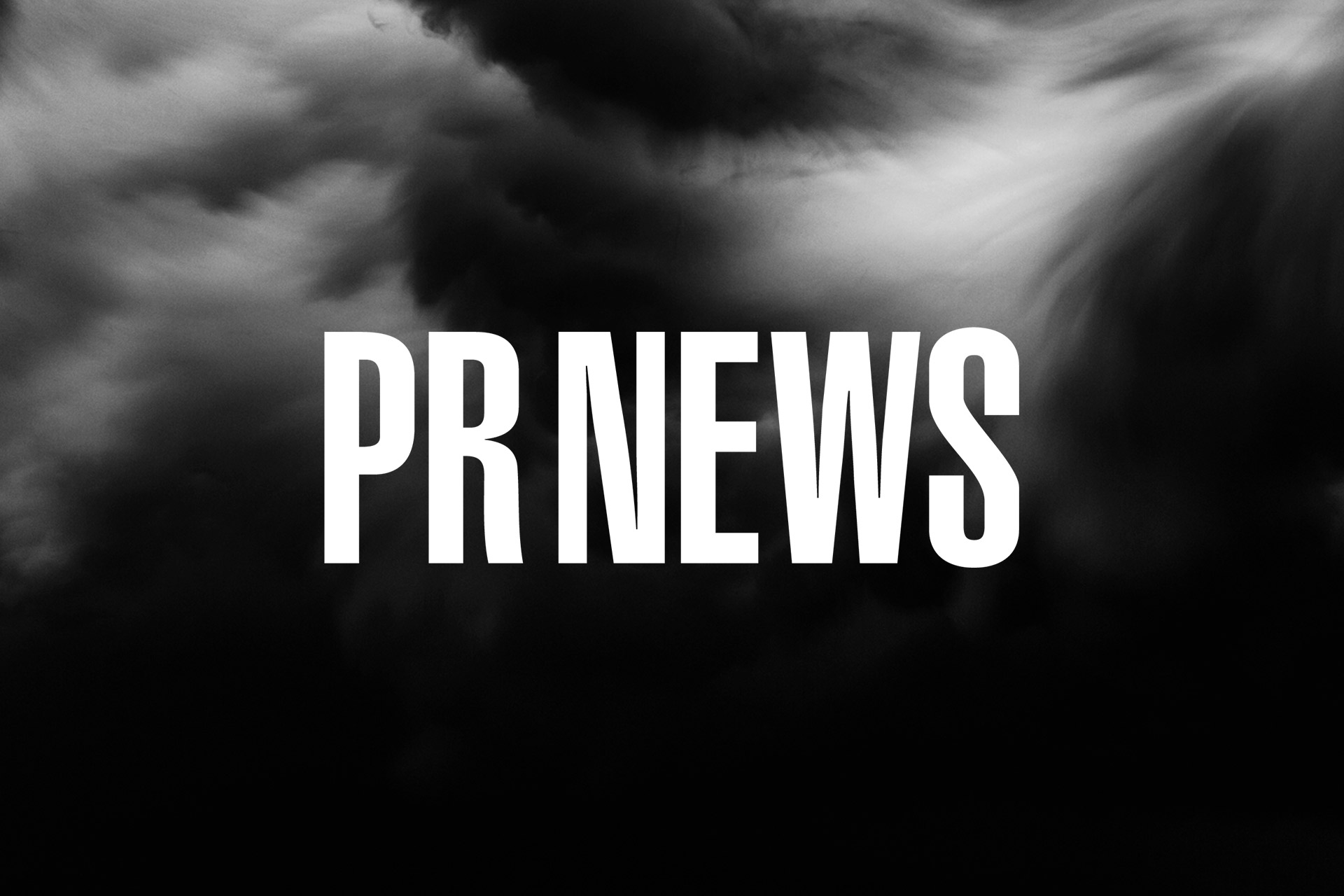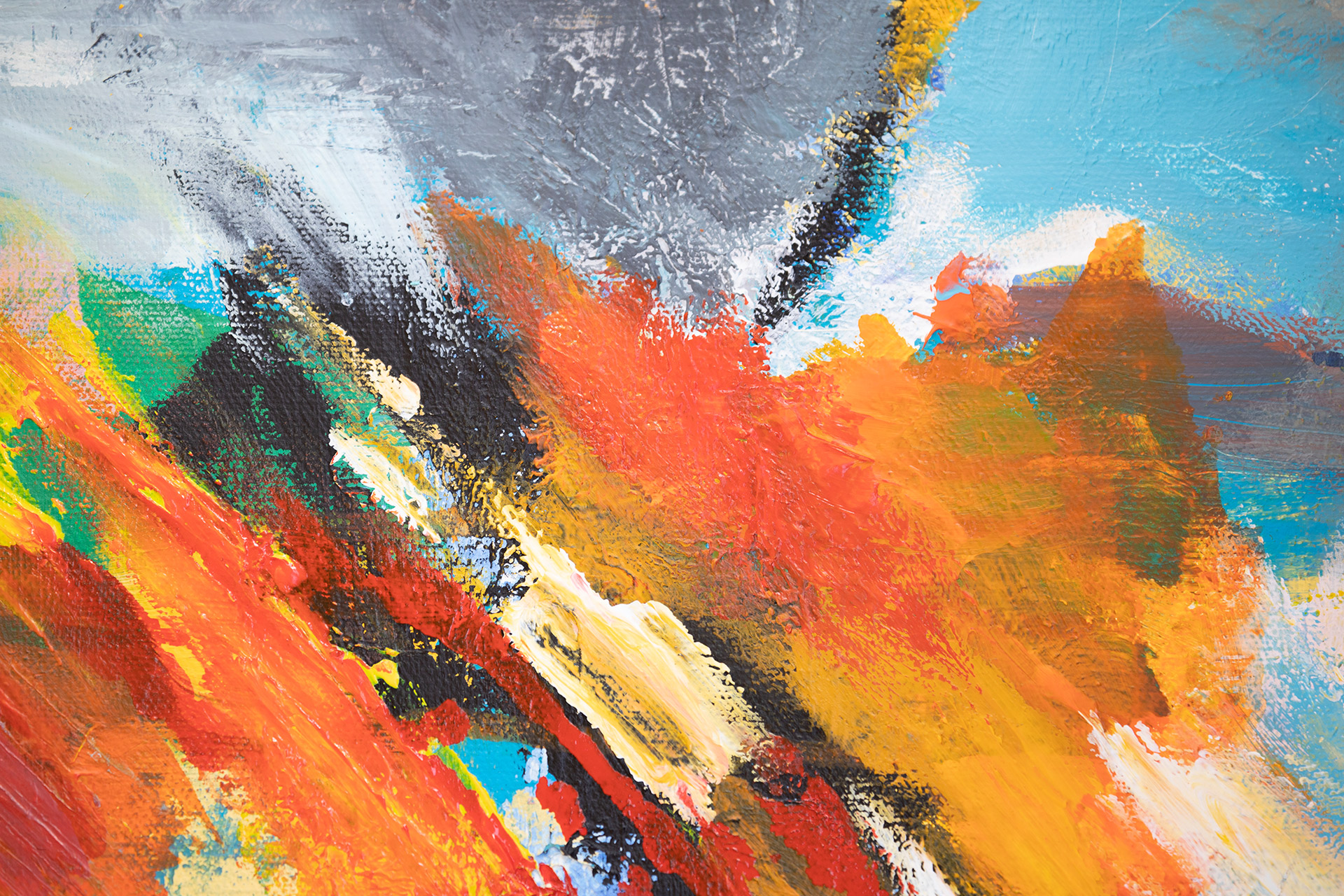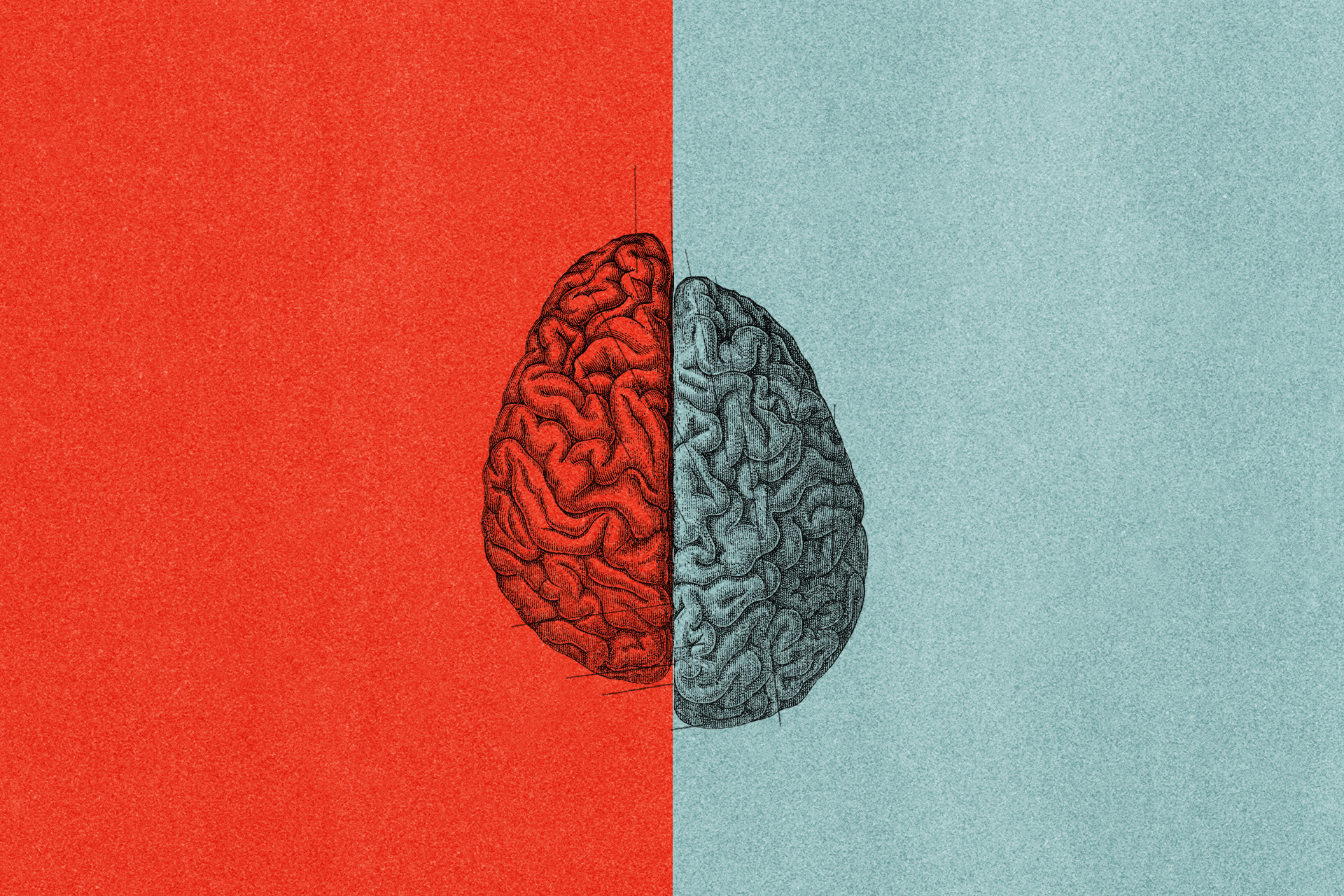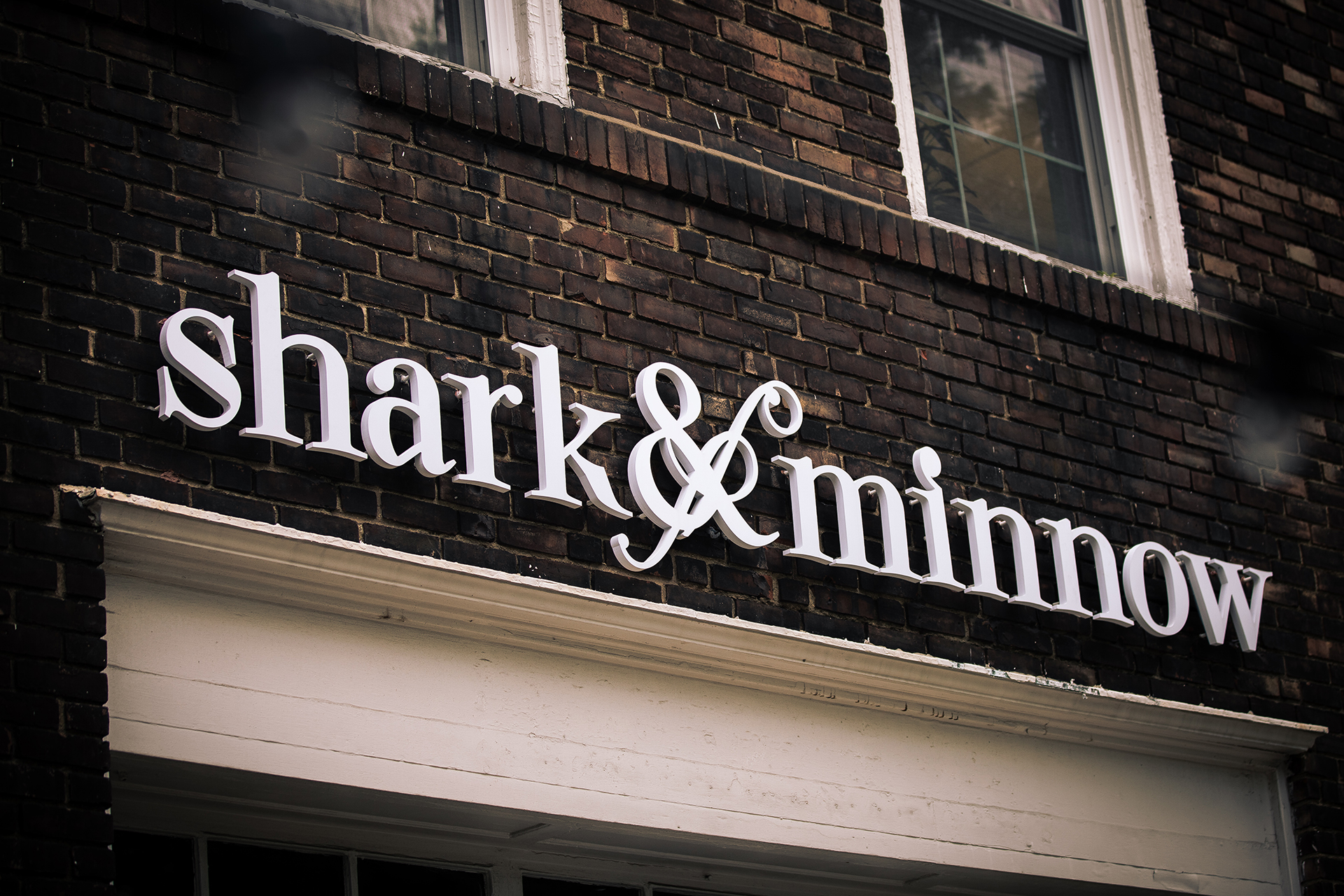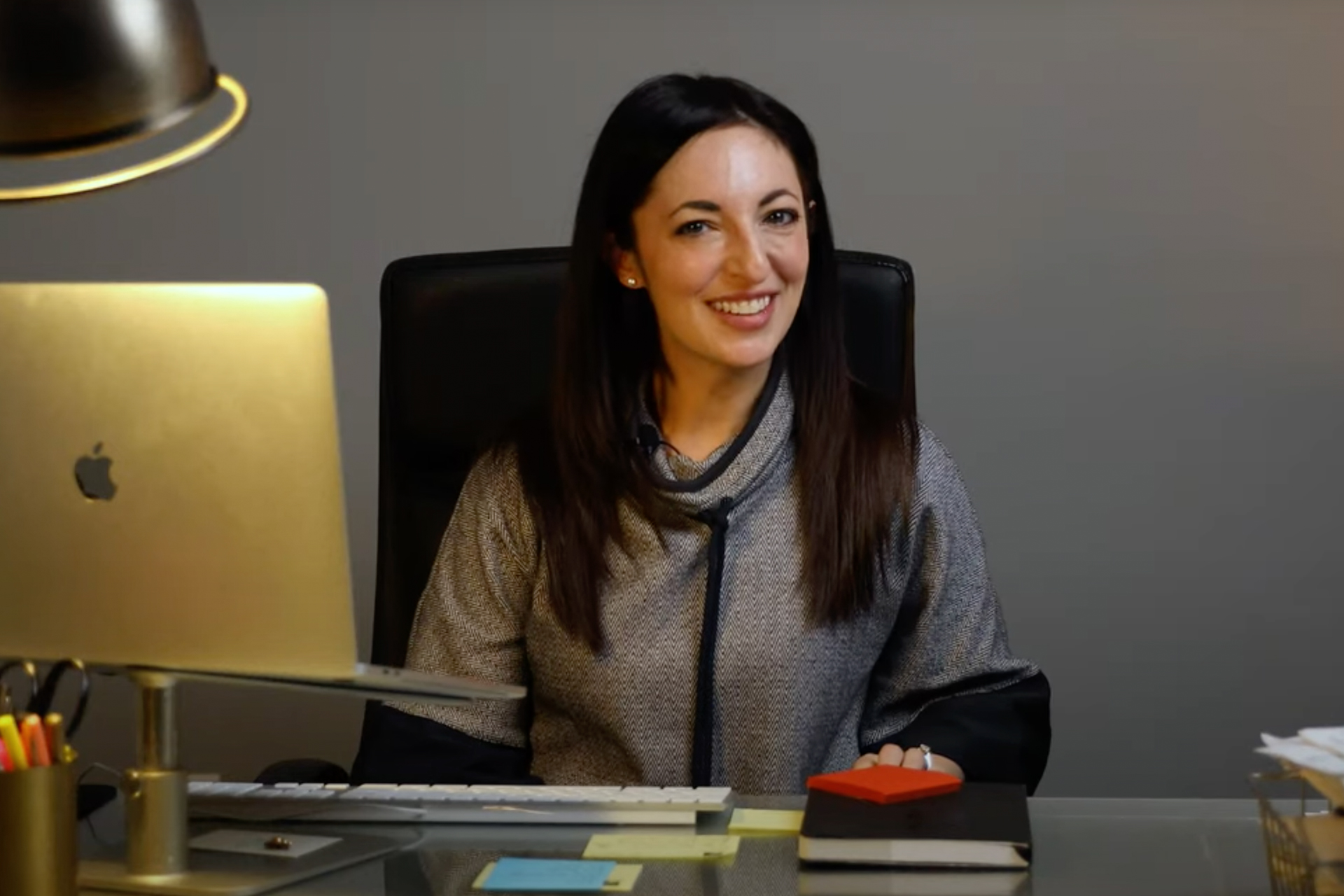All songs considered, music is an art and should be respected.
Bragging that “I’ve only bought 15 CDs in my lifetime. Yet, my entire iTunes library exceeds 11,000 songs.” is not something to be proud of.
If you didn’t catch the chatter a few weeks ago about the NPR All Songs Considered intern that wrote a provoking blog post on music consumption in the digital age, then I must share the story with you. It all started with a summer intern with good intentions that wrote a blog post titled “I Never Owned Any Music To Begin With.” Below are a few key comments:
- “I never went through the transition from physical to digital. I’m almost 21, and since I first began to love music I’ve been spoiled by the Internet.”
- “I am an avid music listener, concertgoer, and college radio DJ. My world is music-centric. I’ve only bought 15 CDs in my lifetime. Yet, my entire iTunes library exceeds 11,000 songs.”
- “As I’ve grown up, I’ve come to realize the gravity of what file-sharing means to the musicians I love. I can’t support them with concert tickets and T-shirts alone. But I honestly don’t think my peers and I will ever pay for albums. I do think we will pay for convenience.”
- “All I require is the ability to listen to what I want, when I want and how I want it. Is that too much to ask?”
In response to this, many people commented on the blog post, some even wrote lengthy blog posts critiquing her perspective. One eloquent response was by David Lowery of the blog The Trichordist, the post was titled “Letter to Emily White at NPR All Songs Considered.” Not only is Lowery a contributor to this blog, but he was also a member of the bands Camper Van Beethoven and Cracker, and he is now a lecturer at the University of Georgia as part of their music business program. Below are a few key points:
- “I applaud your courage in admitting you do not pay for music, and that you do not want to but you are grappling with the moral implications. I just think that you have been presented with some false choices by what sounds a lot like what we hear from the “Free Culture” adherents.”
- “I must disagree with the underlying premise of what you have written. Fairly compensating musicians is not a problem that is up to governments and large corporations to solve. It is not up to them to make it “convenient” so you don’t behave unethically….Rather, fairness for musicians is a problem that requires each of us to individually look at our own actions, values and choices and try to anticipate the consequences of our choices. I would suggest to you that, like so many other policies in our society, it is up to us individually to put pressure on our governments and private corporations to act ethically and fairly when it comes to artists rights.”
- “Congratulations, your generation is the first generation in history to rebel by unsticking it to the man and instead sticking it to the weirdo freak musicians!”
- “That’s fine. But then you must live with the moral and ethical choice that you are making to not pay artists. And artists won’t be paid. And it won’t be the fault of some far away evil corporation. You “and your peers” ultimately bear this responsibility.”
Sure “…Emily’s essay stepped directly into a massive, ongoing and very heated debate about how we get music and how we compensate the people involved in making it…” as Robin Hilton explained in the NPR All Songs Considered blog post “A Perpetual Debate: Owning Music in the Digital Age,” where she responded to all of the responses from White’s initial blog post; however White should have realized the waters she was stepping into. For me, when White diluted the benefit of music to “convenience,” I was offended:
“But I honestly don’t think my peers and I will ever pay for albums. I do think we will pay for convenience.”
For me, the comment about convenience alarmed me the most. I truly hope that other people don’t view the monetary transaction of purchasing music as an exchange of money for convenience. Maybe you want convenient access to your music via your iPhone, but when you are listening to music on your Dre Beats, it’s the emotional and physical experience that the musician created for you that you are purchasing. Thank the musician for that, not convenience.
I absolutely want convenience, but when I buy music, it’s for the music, not the access. I view it as a reward for the musician and their craft – their composition. I will be the first to admit that I enjoyed the Napster days, but I’ve relinquished those days and support bands digitally, the same way I have supported bands at shows for years – by purchasing their music. Now the discovery of new music is experience via websites like Pandora and Spotify, but then I purchase the music I enjoy. However, I do agree with Hilton’s assessment on the situation and White’s perspective:
“Emily’s personal essay — as a young person who came of age after the moment when music became widely available digitally — was about the evolution of her views toward the music industry, artists and how to support them, as those issues relate to rapidly changing technology.”
White’s blog post is truly an evolution of her mindset on digital music consumption – and I commend her for being so truthful. Some argue that her perspective is ignorant and that this is a generational issue, however this accusation is false.
People have been copying music forever – from reel-to-reels to cassette tapes to CD-Rs, every generation has had their method of “stealing” music. However, this argument should focus on the true problem and environment where it thrives, then together we can find a solution.
One environmental issue here is lifestage, not generation. We were all in White’s position at some point in our lives, a time when we were deep sea diving, immersing ourselves in new experiences and exploring the unknown for new and exciting creatures. This is where we learn, and creativity prospers.
I hope that we can provide environments where youth can immerse themselves in different genres of music and explore catalogs of music, to explore and find new artists and genres that they may have never been exposed to (e.g. classical or jazz).
The deep sea diver needs air to continue exploring. Although, it is essential that we don’t force the deep sea diver to come up for air too fast or else they will get the bends. Unless you are Radiohead, then it’s just an amazing album.


